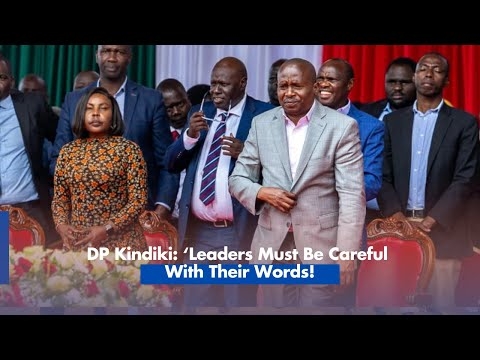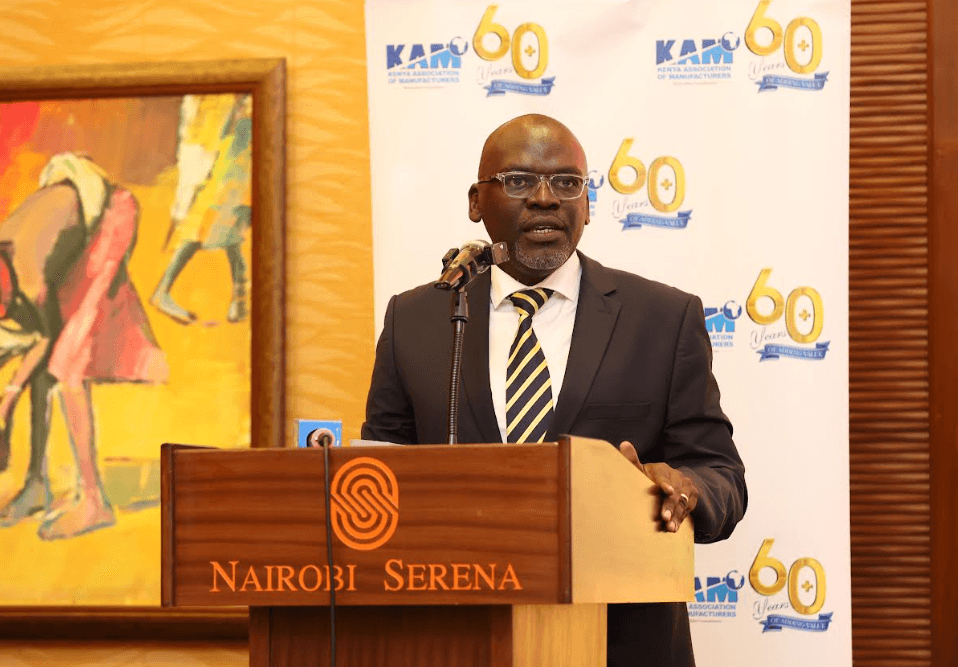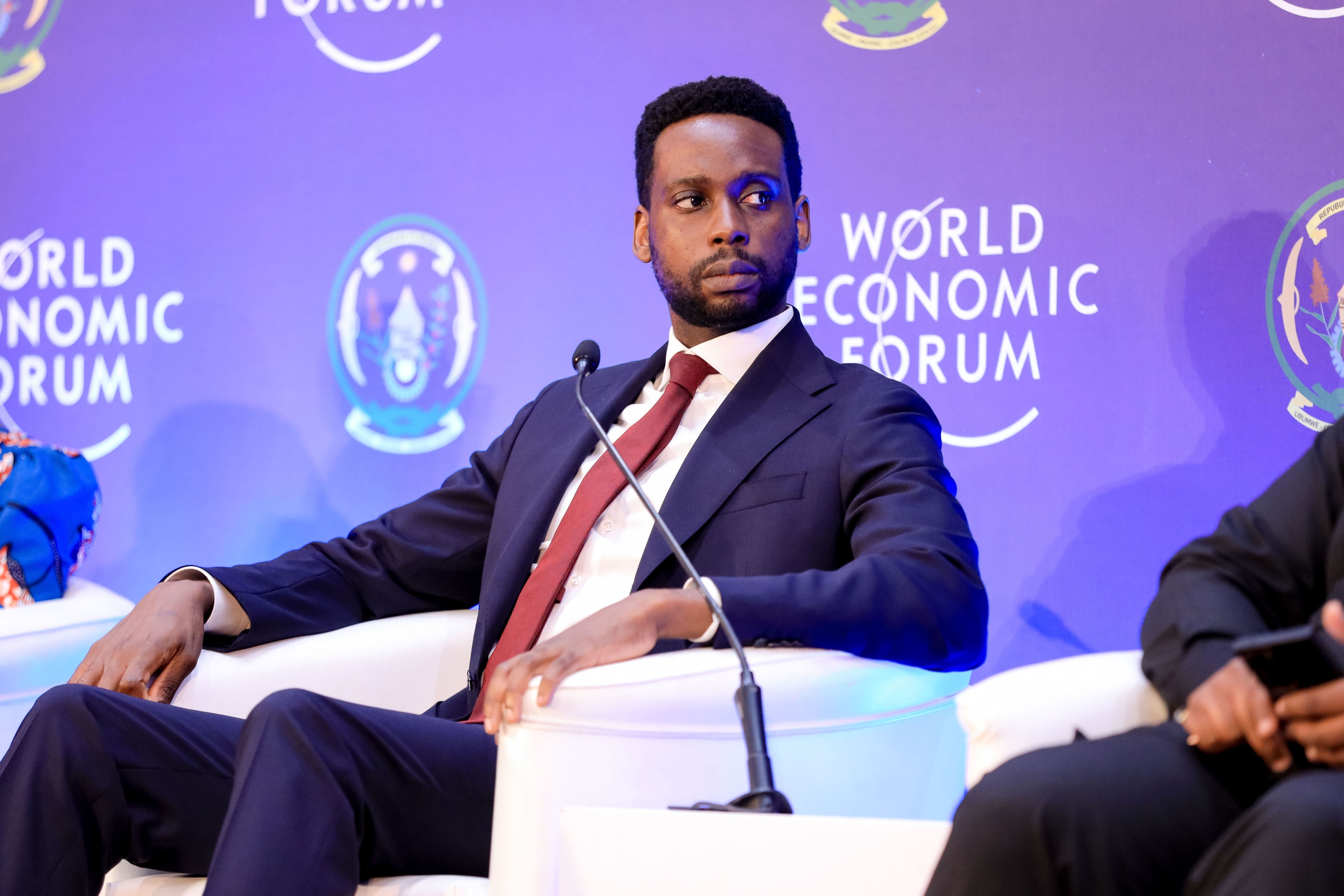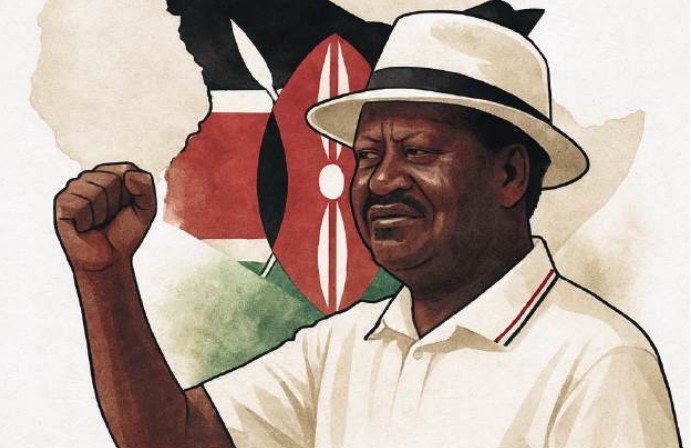“Quid est Veritas?”
This question was posed by Pontius Pilate who was a Roman governor appointed in 26 A.D. under the emperor of Tiberius. It means “What is truth?”
As the governor, Pilate had the power of a supreme judge. This meant that he had the sole authority to order a criminal’s execution.
The Sanhedrin, which was an elite club of priestly and lay Jewish elders, had arrested Jesus during the Jewish festival of Passover, and brought him to Pilate. They accused him of blasphemy for declaring himself to be the King of the Jews. And this allegation angered them deeply for it was considered treasonous.
When Pilate enquired of the charges brought against Jesus, the Sanhedrin replied that had He not been a criminal, they would not have charged him in Pilate’s court.
Pilate, not being a Jew, told the Sanhedrin to take Jesus away and charge Him under the Jewish laws. The Sanhedrin objected to this and reminded Pilate that they had no power to execute anyone.
So Pilate summoned Jesus and asked Him if indeed He was the King of the Jews to which Jesus responded, “You say that I am a King. In fact, the reason I was born and came into the world is to testify to the truth. Everyone on the side of truth listens to me.
“Quid est Veritas?” retorted Pilate. Pilate was in a crisis. He wanted to establish the truth because he found no basis for a charge against Jesus.
The world is in a crisis of a different kind. It is the era of fake or hoax news that are false or serve to disinform. These are stories deliberately created and manipulated as a hostile act of tactical political subversion.
In just one week, we have had a string of breaking news that have left us wondering like Pilate - “Quid est Veritas?”
For instance, the Kenya Bureau of Standards have turned around and told us that the edible oil imported by the Kenya National Trading Corporation is safe for consumption after they reinspected and retested it. This was after they had previously declared two months earlier the same consignment as unfit for human consumption.
Another breaking news item was that we would pay Sh500,000 fine or six months in jail for rearing farm animals without a license. The PS in the State Department of Livestock Development termed this as false and said that no such bill had been forwarded.
Additional breaking news item informed us that the Controller of Budget had been arrested after the DPP approved criminal charges alongside 10 others that included conspiracy to defraud among a variety of charges.
Critics of the administration and some leaders from her community termed it a witch-hunt that was targeting her for revealing testimony exposing how, as a country, we budget corruption where taxpayers lose billions of shillings because the Treasury paid state officers three times their salaries.
In his rebuttal, the National Assembly Majority leader Kimani Ichung'wah gave a differing explanation that this seemingly inflated amount included other benefits such as car grants and mortgage.
As though this was not enough for one week, another breaking news was the number of the Kenyan delegation to the COP 28 held in Dubai.
A list circulated on social media that showed that Kenya had more than 700 delegates. In a swift response, there was an attempt to rebut this by producing a counter list that had been reduced to 51 delegates.
The head of faith diplomacy who was purportedly on the list came out to say he was in fact in the country and not in Dubai.
Not to be left out of the gravy of breaking news was the allegation that the botched KCPE results was as a result of a tender war that resulted in an inadequate vendor being given the tender without the capacity of ensuring that the exams were secure.
In his response, the Education CS Ezekiel Machogu refuted this and said the results on the Knec portal were correct and attributed some errors to transmission glitches.
Begs the question. “Quid est Veritas?” Is it the opposite of a lie? Is it telling half a truth? Are some lies selfish while others are strategic?
In politology-speak, truth telling is when one does their very best to state facts as honestly as possible and as they remember them. It recognises that each of us invariably has limited knowledge about all the granular details of any issue.
It also presupposes that our narration of what we consider as truth, is not influenced by unconscious bias which are learned stereotypes that are automatic, deeply engrained within our belief system and affect our behaviour and responses.
Truth is not synonymous with opinion. It is synonymous with reality. It is the touchstone by which opinion is tested. If opinion fails the test of truth, then the opinion should be abandoned.
Something is not true simply because we believe it or believe the one stating it; nor is it untrue because we don’t believe it. Truth simply is, whether we like it or not, believe it or not, or know it or not.
In contrast, deception is where one intentionally takes steps that are carefully designed to prevent others from knowing the full truth about an issue. And there are three types of deception: lying, concealment and spinning.
Lying is when one makes a statement that he knows to be completely false. It involves inventing statements that are trumped up to deceive the audience hoping they will think it is true. Lying can also involve disingenuous arrangements of facts to tell a lie. The intention is to deliberately lead the audience to a false conclusion without explicitly stating what the conclusion is.
Concealment is when one omits or withholds certain factual information that he knows will weaken his narrative, but that is crucial in assisting the audience to make informed decisions. It consists of wilfully neglecting to provide crucial information which if presented, would change the outcome of the discourse, from his original intent.
Spinning is exaggeration or distortion, not prevarication. It is a form of propaganda achieved through sophisticated selling of a specific message that is heavily biased in favour of one’s own position, in order to influence public opinions.
The spinner emphasises certain facts and links them together in ways that portray him in a positive light, or to the intended conclusion he wants from his listener. The techniques involve careful timing in delivering information, selective presentation of facts and careful selection of words and phrases meant to invoke certain anticipated responses from listeners and exert control over a situation.
In times of crisis, press conference rooms are cynically referred to as the “spin room”, the schedule of briefings as the “spin cycle” and the practitioners of the spin as “spin doctors”.
So are our breaking news a lie, concealment, or spin? You be the judge.
Finally, my unsolicited advice is to the ruling administration; you win by going on the offensive. Defence only delays your enemy.
Likewise, it is a natural human reflex to hide unpleasant information. However, great leaders appreciate that timely truthful admissions, accelerate course corrections in a spiralling crisis.
When the uninformed argue with the misinformed there is no need to pick a side - Carmine Savastano

















